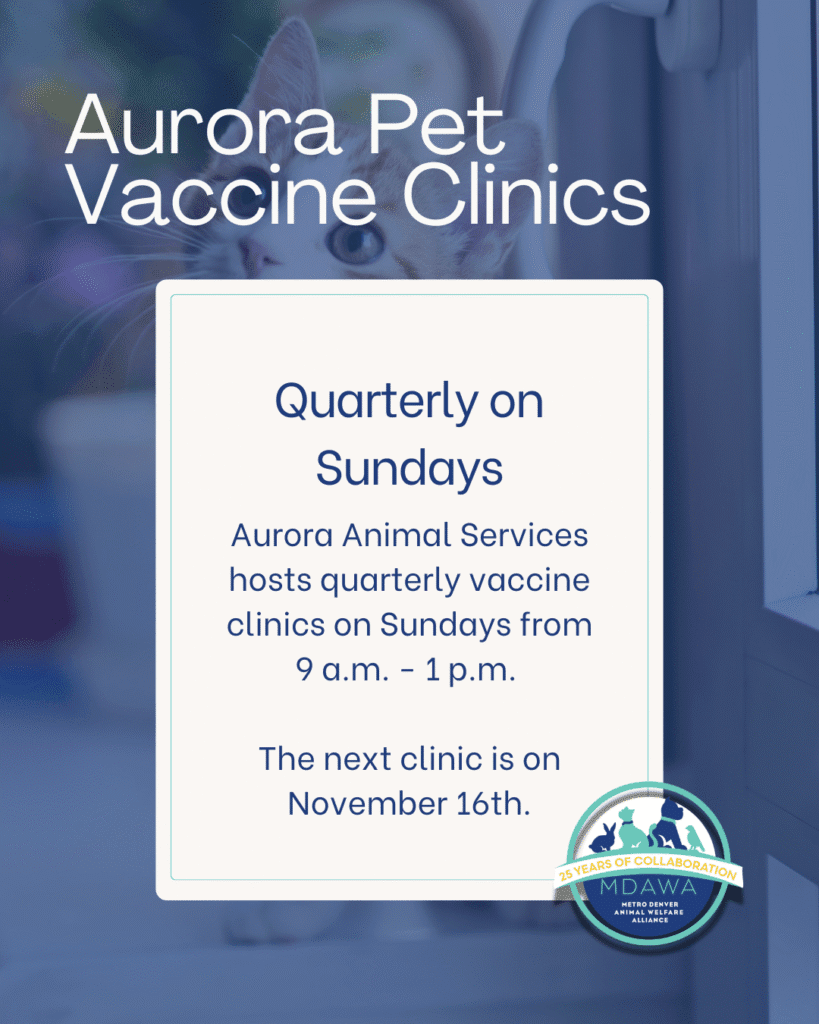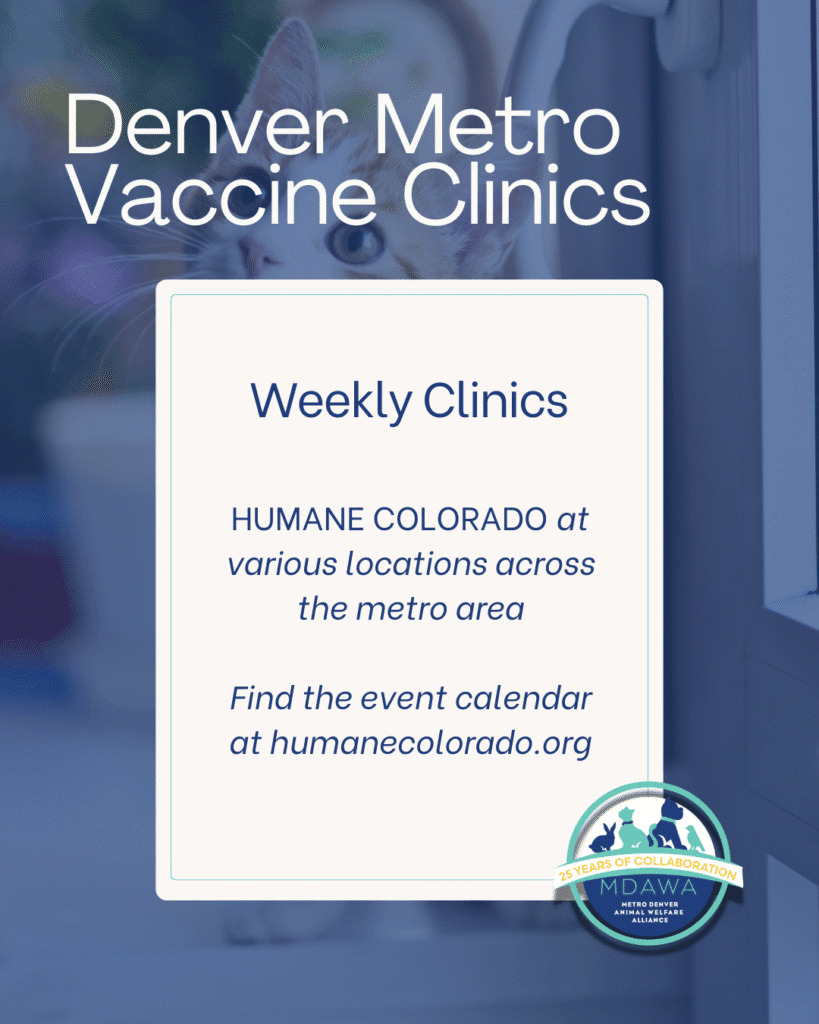Rabies is a life-threatening disease for both pets and people, and understanding how it is transmitted and how to prevent it can help keep your pets and your family safe.
What Is Rabies and Why Is It Dangerous?
Rabies is a virus that attacks the brain and nervous system of mammals, including humans. It spreads through the saliva of infected animals, typically through bites. While the virus can affect any mammal, wildlife like bats, raccoons, skunks, and foxes are common carriers in Colorado.
Once symptoms appear, rabies is almost always fatal. That’s why prevention is crucial—especially since pets can come into contact with wildlife, even in urban areas.
What Happens If My Pet Gets Rabies?
If your pet is exposed to rabies and is unvaccinated, the situation becomes serious. Infected pets may initially show subtle signs like restlessness or tiredness. As the virus progresses, more severe symptoms develop, such as aggression, excessive drooling, paralysis, and eventually death. Once symptoms begin, there is no treatment and your pet will die.
If your pet contracts rabies, the disease can also spread to humans through saliva, making it a threat to everyone in your household. Just as with pets, there are no treatments for a person who contracts rabies and begins showing symptoms.
How Is Rabies Diagnosed?
Unfortunately, there is no simple test for rabies in living animals or humans. To confirm if an animal has rabies, testing requires an examination of brain tissue, which can only be done after the animal has died. This is why prevention is vitally important, as once an animal shows symptoms, it is too late to treat them.
In Colorado, unvaccinated pets exposed to rabies must be quarantined for 120 days or euthanized:
- The first 90 days of quarantine must be spent in a secure facility like a shelter or boarding facility, which is stressful for your pet, and may be very expensive.
- The final 30 days may be spent at home
- The pet must be vaccinated with a licensed rabies vaccine on days 0, 21, and 60 of the quarantine period
The Good News: Rabies Is Preventable
Vaccinating your pets is the best way to protect them—and you—from rabies. Keeping up with routine rabies shots ensures that even if your pet comes into contact with wildlife, they are safe. There have been no reported cases of rabies in properly vaccinated animals; this is a highly effective and safe vaccine.
Here’s how to easily keep your pet protected:
- Regular Vaccinations: Dogs and cats should receive their first rabies vaccination when they are young (as early as 12 weeks) and get booster shots throughout their lives based on your veterinarian’s recommendations.
- Low-Cost Vaccine Clinics: Members of the Metro Denver Animal Welfare Alliance offer low-cost rabies vaccine clinics to make vaccination accessible to everyone.






3. Find out more about organizations that offer those services here: MDAWAlliance.org/services.
In addition to rabies vaccination, clinics often offer additional services like microchipping or other vaccines at affordable prices.
4. Avoid Wildlife
- Keep your pets on leashes when outdoors and avoid wildlife, especially animals acting strangely or appearing disoriented. If you spot a wild animal behaving unusually, such as a nocturnal animal being active during the day, contact animal control.
- Keep cats and other pets inside from dusk to dawn
- Bat-proof your home
Let’s Work Together to Keep Metro Denver Safe
By vaccinating your pets, you’re doing more than protecting them—you’re helping prevent the spread of rabies in our community. If your pets are due for a vaccine, schedule an appointment with your veterinarian or visit a low-cost clinic at a MDAWA member organization as soon as possible.
Together, we can make sure everyone—pets and humans alike—stays safe and healthy in Metro Denver.



